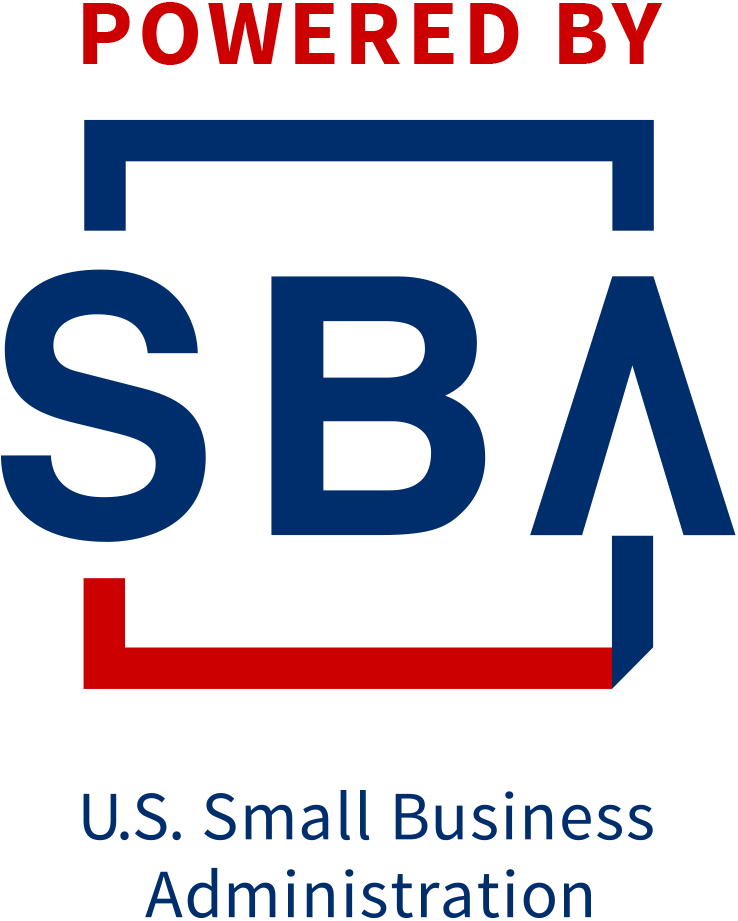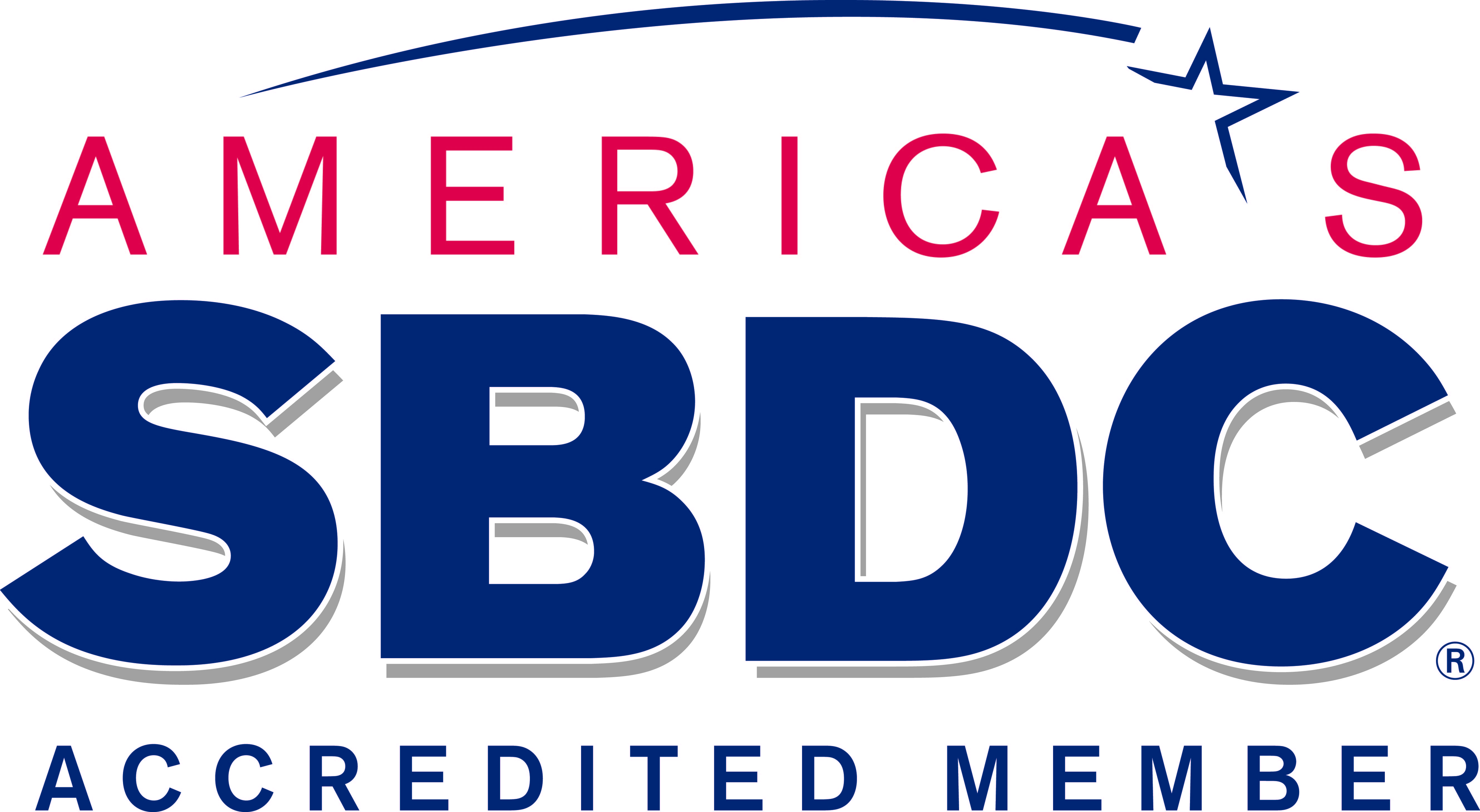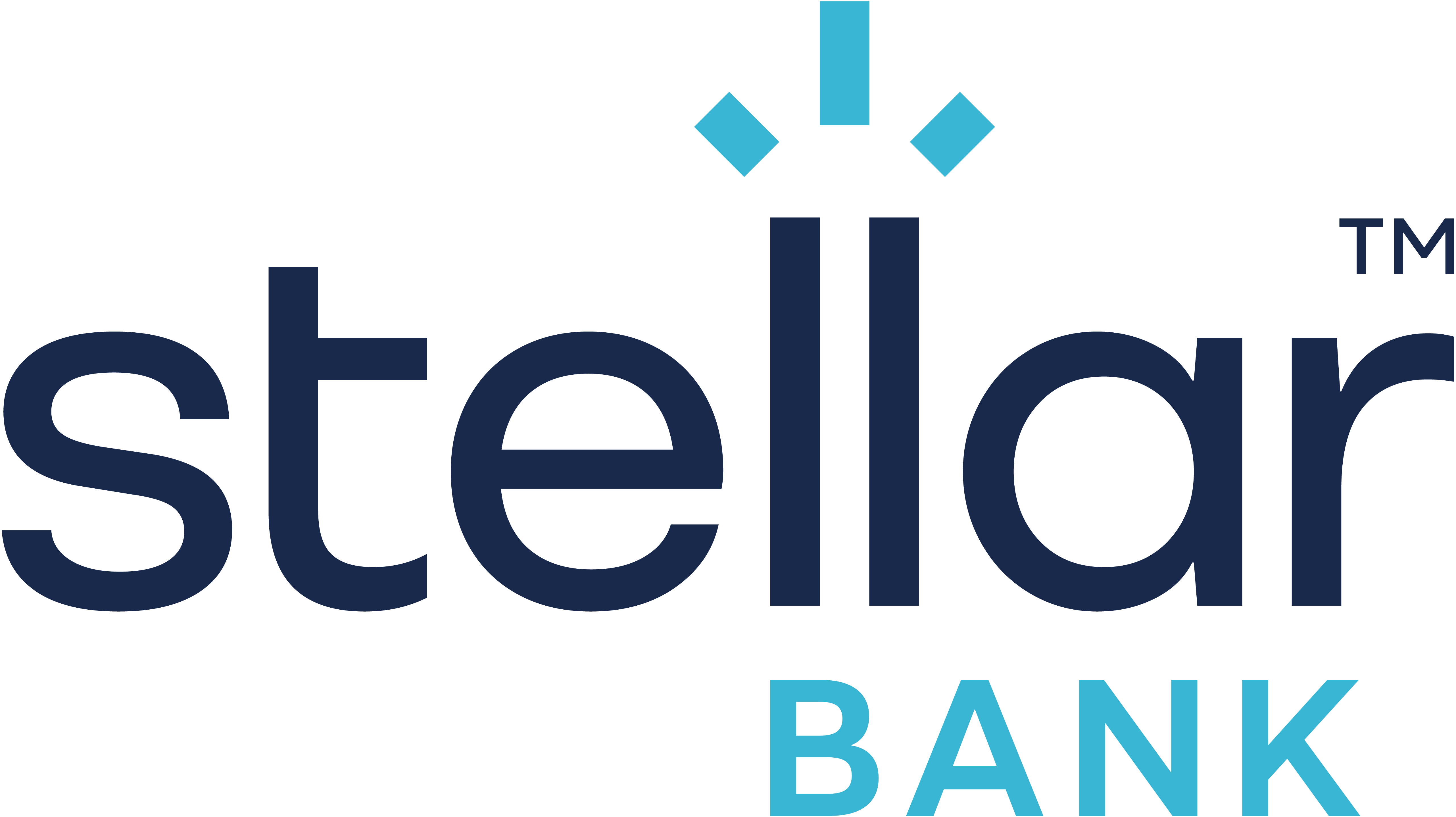How to Develop Your Skills as a Small Business Owner

By: Aries Payne
As a business owner, continuing education and skill-building are necessary to thrive in today’s competitive and fluctuating business environment. It’s not just for personal growth anymore; taking the time to improve your skills and learn new things can also help you become better at decision-making, adaptable, and even increase your credibility.
Because of technological advancements, continuing education is no longer limited to something you can only do in person at a formal university or community college. There are various means you can leverage to develop your skills. But to maximize your time and get the most from the events or classes you choose to attend, you’ll first need to identify your skill gaps.
How Do You Identify Your Skill Gaps?
In business ownership, a skill gap may refer to a lack of skills or skills that need improvement. There are multiple ways you can assess your current abilities to determine where you should put your focus next:
- Self-Assessment – Conduct a SWOT analysis to determine your strengths, weaknesses, and areas for improvement.
- Industry Trends – Research what key skills are becoming important for your industry. Are there any that you need to develop to stay competitive?
- Competitive Benchmarking – What skills do your competitors have that you may lack or need additional work on?
- Get Feedback – If you have dedicated staff, get feedback on what they believe your skill gaps are.
How Do Entrepreneurs Develop Skills?
Once you’ve identified the skills that need your attention, you can use one of many methods to further develop them:
- SBDC Business Training - Our SBDC Network also regularly hosts no- to low-cost business training classes on various topics, from marketing and finance to AI and other productivity tools.
- Online Learning Platforms – Platforms like LinkedIn Learning, Coursera, edX, Udemy, Skillshare, and MasterClass offer a range of courses from vetted professionals, educators, and institutions.
- Mentorship – Connect with experienced business owners or others within your industry—either through a formal mentorship program or networking—who are willing to share advice, offer constructive feedback, or be a valuable resource as you embark on your entrepreneurial journey.
- Podcasts, Books, and Industry News – Regularly consume content that helps contribute to your professional development. Stay updated on industry news from trusted sources so you know about changes that could impact you and your business.
- Professional Organizations – A professional organization can give you access to mentors, networking opportunities, and a wealth of educational resources.
- Workshops and Conferences – Workshops, seminars, and conferences offer prime opportunities to learn skills while networking with like-minded professionals and other business owners.
Continuous learning and skill building are essential for entrepreneurs and business owners who want to take their venture to the next level. By proactively identifying and addressing skill gaps and leveraging various learning resources, you can position yourself for long-term success. Besides, the best investment you can make is in yourself!
Ready to get started? Check out our upcoming in-person or online business training classes today.







